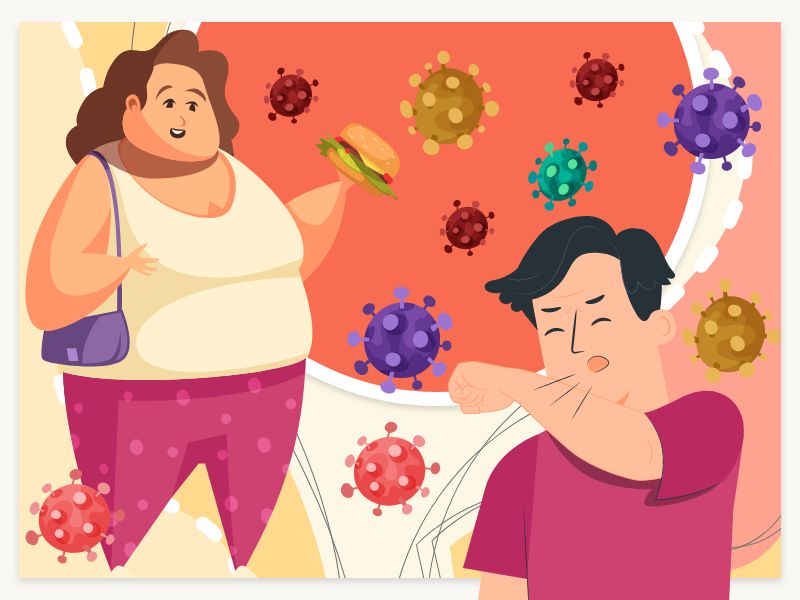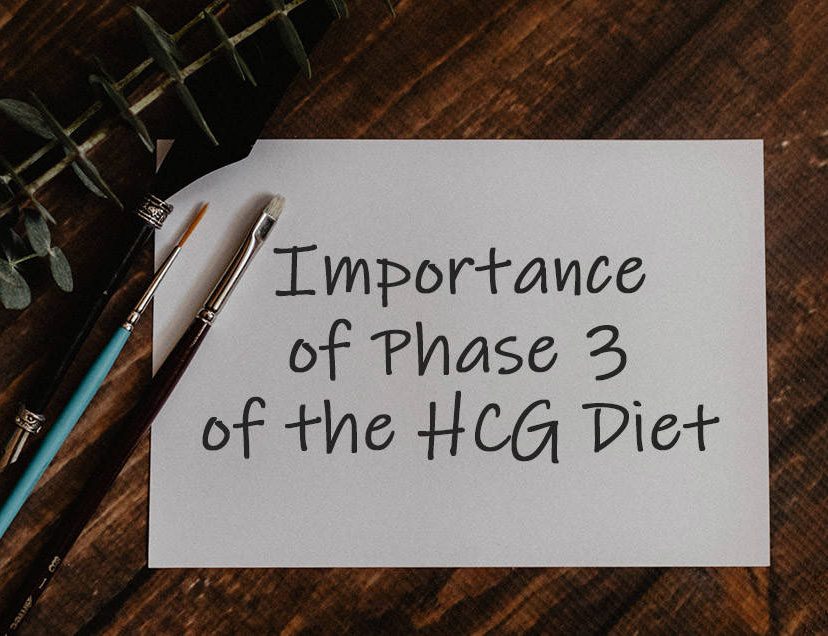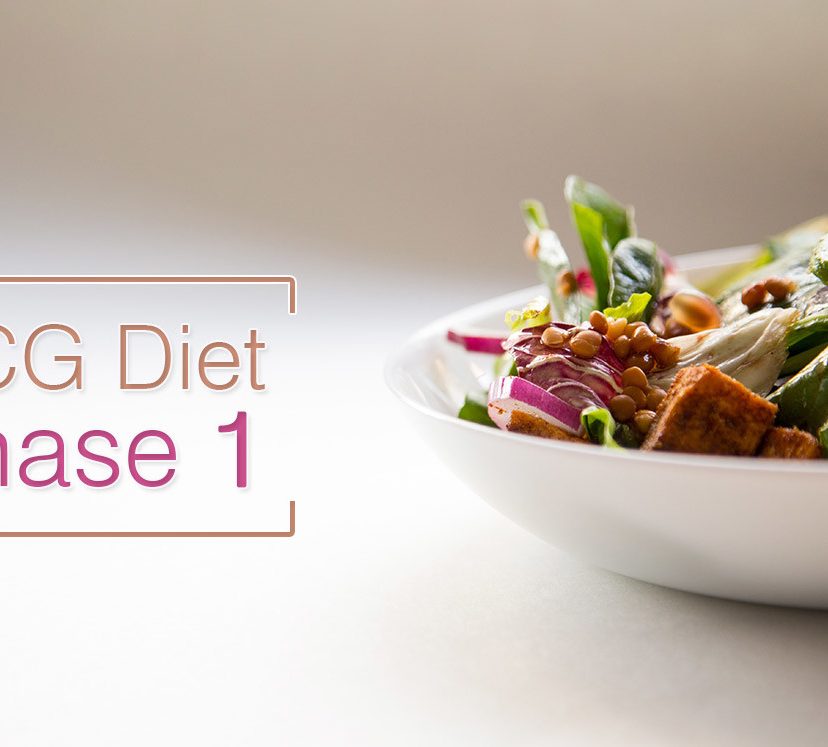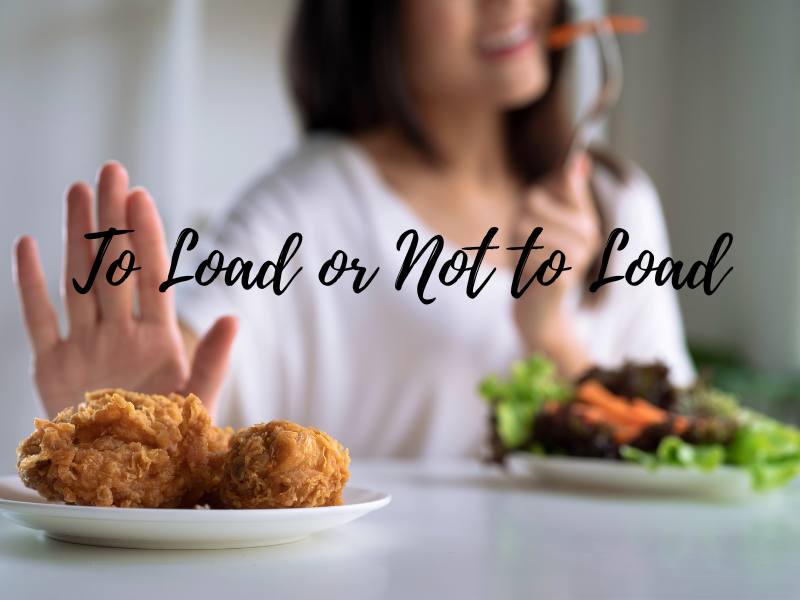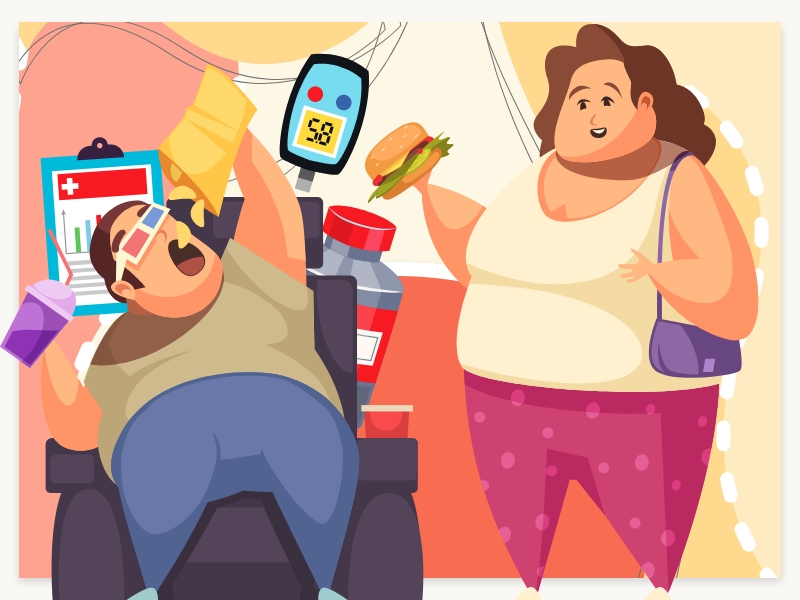Promising Results With the HCG Diet for Menopause Weight Gain
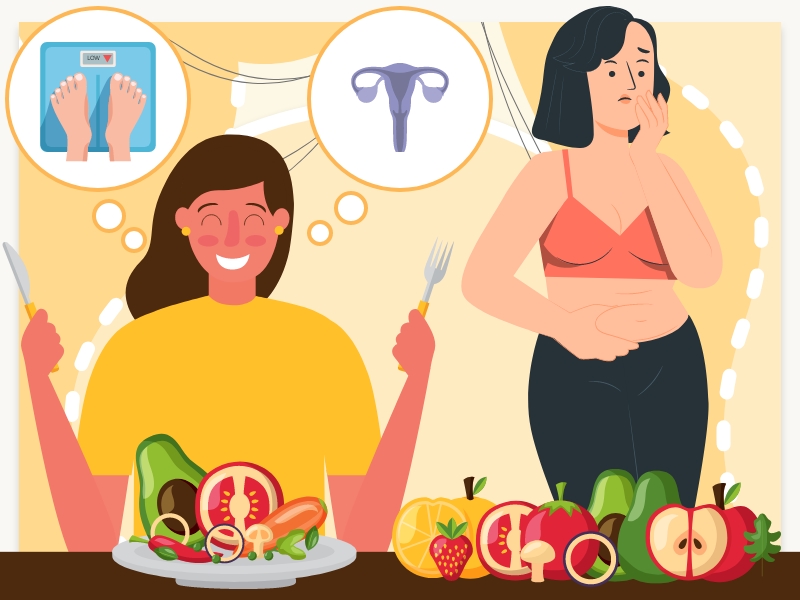
Menopause occurs when a woman stops having monthly periods and stops ovulating. Women ages 40 to 50 tend to gain weight. The increasing distribution of abdominal fat is linked to the hormonal changes in pre-menopause. Excess weight in midlife is linked with an increased risk of cardiovascular disease and diabetes.
Contributors to Weight Gain at Menopause
1. Age-related loss of muscle tissue
The muscle reduces in bulk and the metabolism slows down when an individual age. These changes contribute to weight gain and may affect the body image and may affect the self-esteem of an individual.
2. Declining estrogen
Changes in estrogen levels may have an impact on body fat distribution. As estrogen levels decline during perimenopause and early post-menopause years, many women develop fat mass. Women of childbearing age tend to store fat in the lower body while men and postmenopausal women store fat around the abdomen.
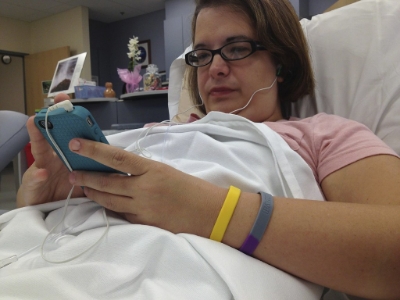
Other contributors may include:
- Chemotherapy
- Lowered metabolic rate
- Altered lifestyle
- Family history of obesity
- Use of anti-depressant or anti-psychotic medications
- Reduced physical activity and loss of muscle mass
- Number of children
- Age
Natural Remedies for Menopause-Related Weight Gain
1. Healthy eating to reach and maintain a healthy weight
To lessen your risk of chronic disease, you need to eat a wide variety of nutritious foods. This will help you improve your health and maintain a healthy weight. If you are overweight or you are gaining weight, you can speak to your health care provider about a healthy diet and other lifestyle changes. Diet and exercise routines should be tailored to each individual, taking your physical condition and personal circumstances into account.
2. Physical activity to promote your future health
During and after menopause, sufficient physical activity can lessen the risk of chronic disease of aging and has other potential benefits such as:
- Increasing muscle mass and bone strength reduces the risk of osteoporosis.
- Improving physical abilities and reducing the risk of falls
- Reducing cholesterol, blood pressure and improving heart health
Managing Menopause-Related Weight Gain with HCG Diet
HCG is used for weight loss. The HCG weight loss protocol consists of a very low-calorie diet. The benefit of this protocol is its ability to help modify the dieter’s relationship with food and eating which results in easily maintained and long-term weight loss.
The HCG diet is a 30-day protocol that administers a daily HCG injection along with a low-calorie, lean and clean diet. Participants stick to a specific list of foods and beverages. They can continue to exercise and increase calories consumed to make up for the calorie burn from it. The protocol begins with a week of Prep and then 30 Days of HCG protocol adherence followed by a guided transition into a lifestyle nutrition approach.

